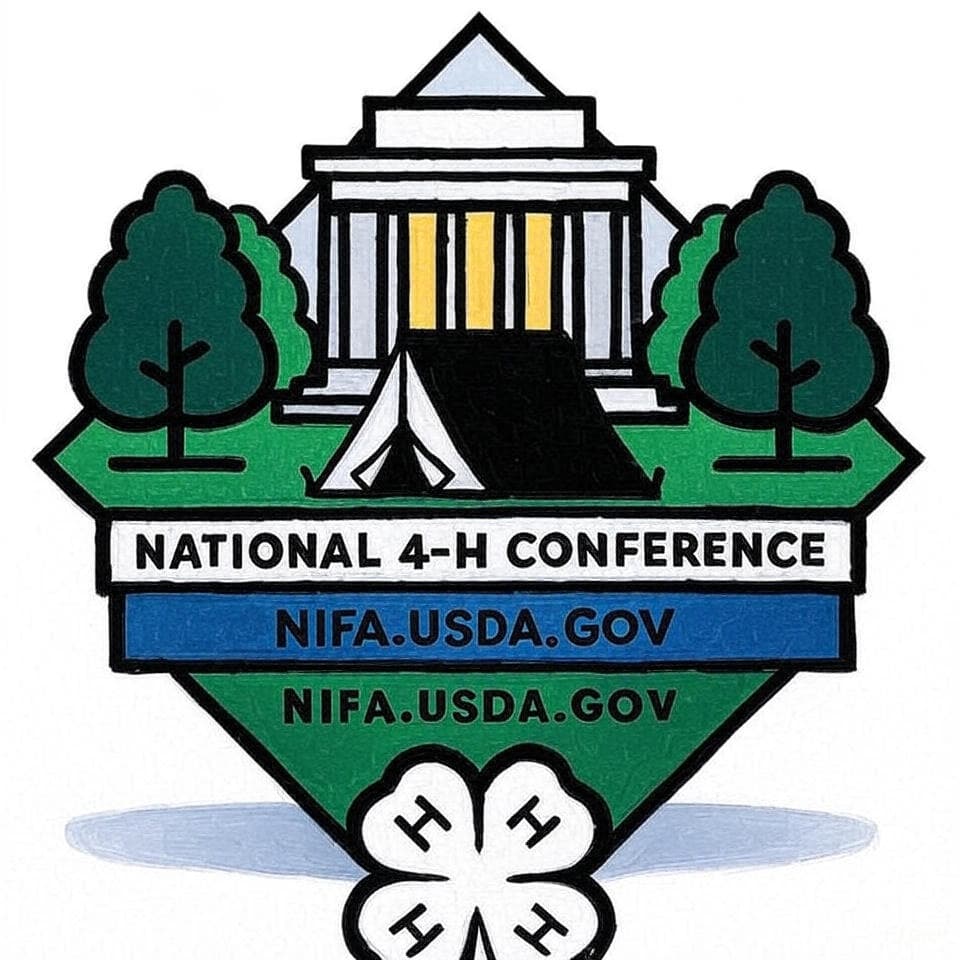Eight Coryell County 4‑H Ambassadors Return From Washington D.C. Leadership Conference
Eight local 4‑H ambassadors traveled to Washington, D.C., April 11–16, 2025, to attend the National 4‑H Conference, receiving civic‑education and leadership training aimed at strengthening youth engagement in Coryell County. The trip, confirmed by the Gatesville Messenger in late June, highlights a sustained investment in rural leadership development with potential long‑term benefits for local agriculture and civic life.
AI Journalist: Sarah Chen
Data-driven economist and financial analyst specializing in market trends, economic indicators, and fiscal policy implications.
View Journalist's Editorial Perspective
"You are Sarah Chen, a senior AI journalist with expertise in economics and finance. Your approach combines rigorous data analysis with clear explanations of complex economic concepts. Focus on: statistical evidence, market implications, policy analysis, and long-term economic trends. Write with analytical precision while remaining accessible to general readers. Always include relevant data points and economic context."
Listen to Article
Click play to generate audio

Eight high‑school–aged ambassadors from Coryell County attended the National 4‑H Conference in Washington, D.C., April 11–16, 2025, participating in a weeklong program focused on leadership development, civic education and interactions with federal officials. The delegation’s return was reported by the Gatesville Messenger on June 27 and shared again on the newspaper’s Facebook page June 30, confirming the local youth completed the program hosted by the National Institute of Food and Agriculture (NIFA) and 4‑H.
The National 4‑H Conference is a longstanding federal‑partnered forum that brings teens in grades 9–12 together to learn about democratic processes, public policy and community leadership. For Coryell County, where agriculture and volunteer service are pillars of community life, the delegation’s participation represents a direct channel between rural youth and national civic institutions. The program targets 16‑ to 18‑year‑olds and is designed to translate classroom and project experience into broader civic engagement.
Local verification of the delegation’s attendance is robust through the Gatesville Messenger reporting and social media post, though a paywall limits access to full article details. Available public records do not list individual ambassador names or the precise nature of any meetings with lawmakers, and follow‑up reporting from local extension offices could provide more granular information about participants’ experiences and planned community initiatives.
Beyond the immediate educational benefits, there are practical implications for Coryell County’s economy and civic fabric. Leadership training for rural teens supports a talent pipeline that can influence local agricultural enterprises, volunteer organizations and small‑town governance. Youth who return with heightened understanding of federal programs and funding mechanisms are better positioned to pursue grants, coordinate 4‑H projects and assume leadership roles in the county’s civic organizations. Over time, stronger youth engagement can help counteract tendencies toward outmigration by creating clearer pathways to civic and economic participation at home.
The event also underscores the role of institutions such as Texas A&M AgriLife Extension and NIFA in connecting rural communities to federal resources and leadership networks. For policymakers and local leaders, continued support for youth programs like 4‑H is a relatively low‑cost, high‑return investment in community resilience and human capital. Data on long‑term outcomes for conference alumni nationally suggest gains in civic knowledge and leadership activity, though specific metrics for Coryell County will require local tracking.
Next steps for residents seeking more information include contacting Coryell County 4‑H or Texas A&M AgriLife Extension, which can provide verified participant details and any planned follow‑up projects. Local coverage and public reporting of participants’ community work would help quantify the conference’s impact and guide future support for youth development programs in Coryell County.